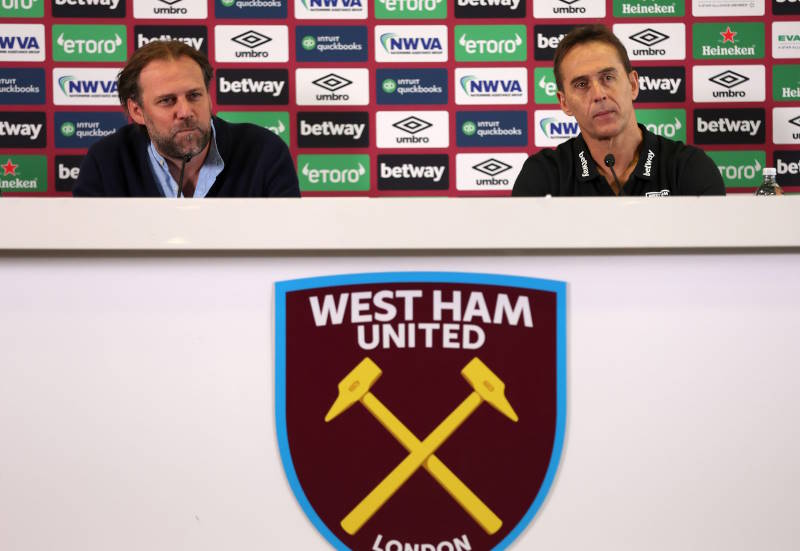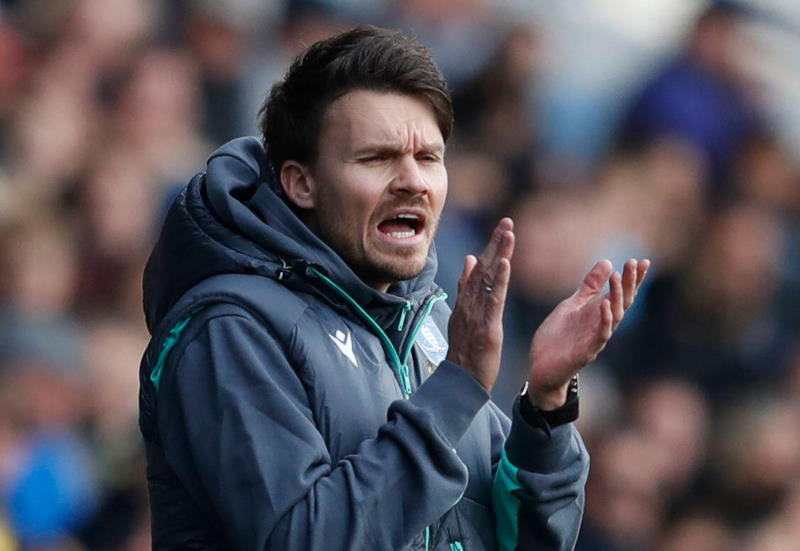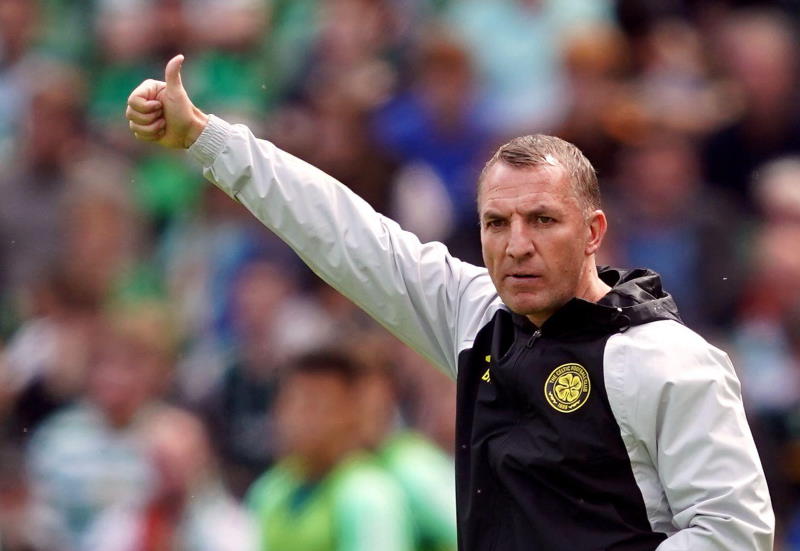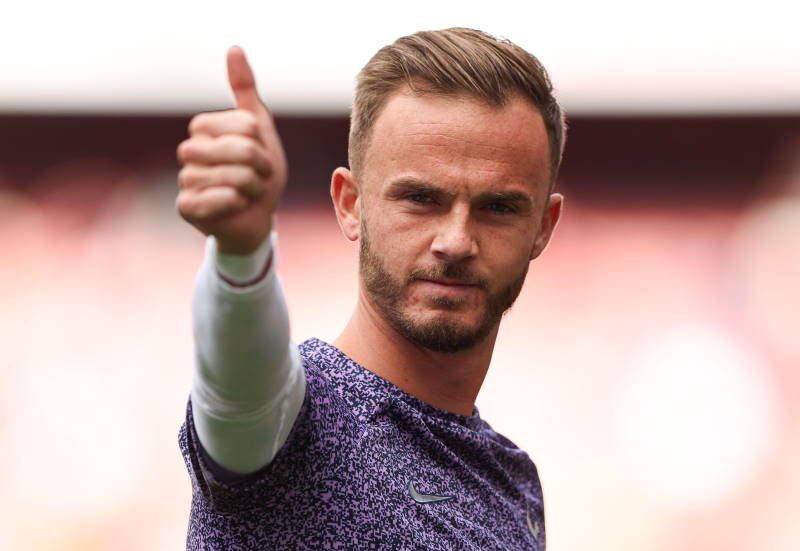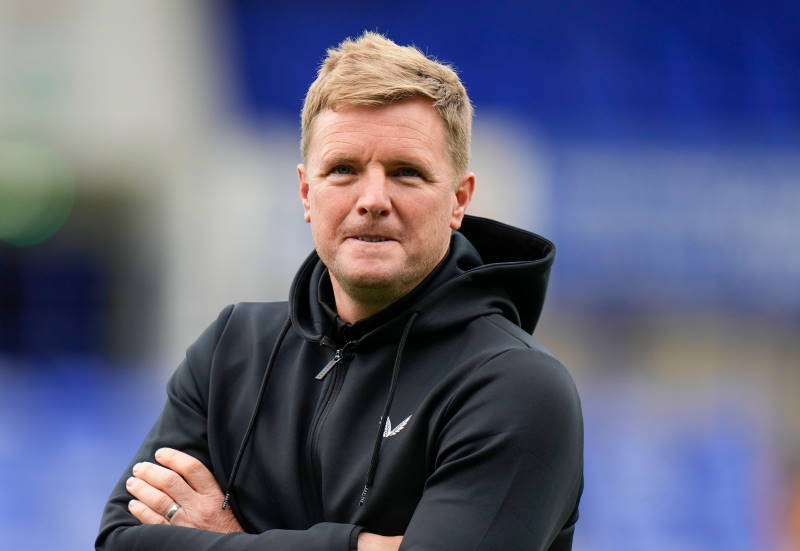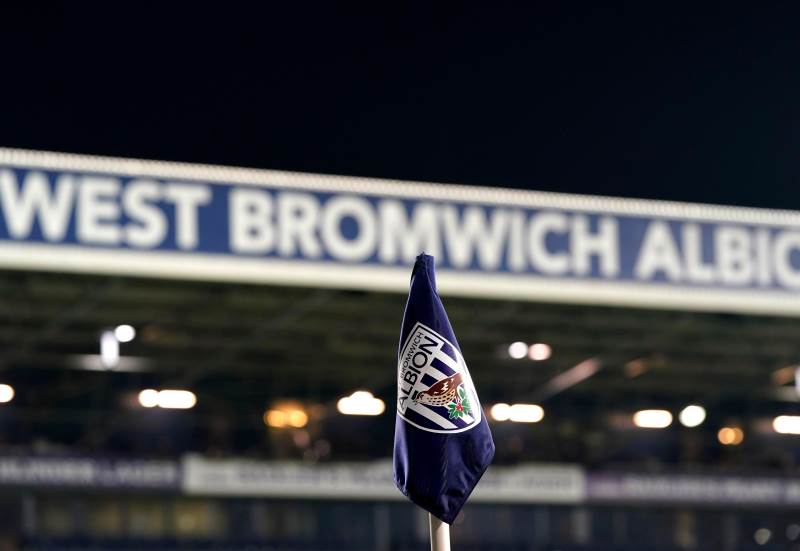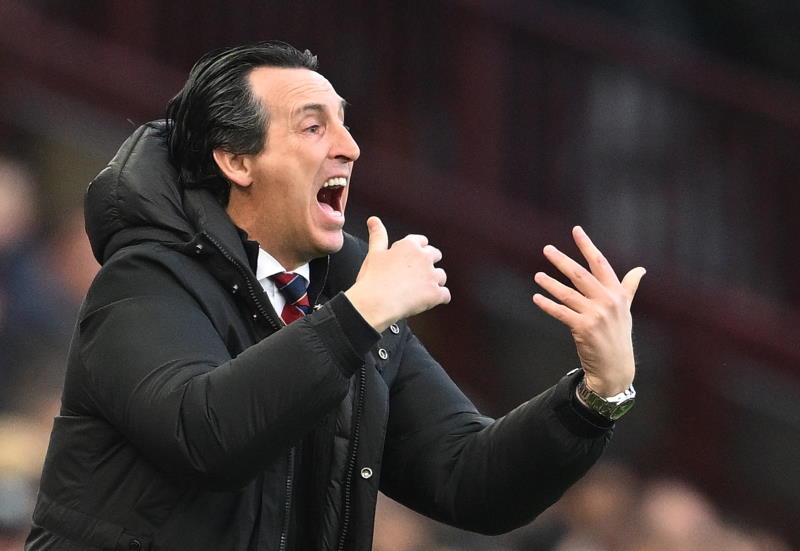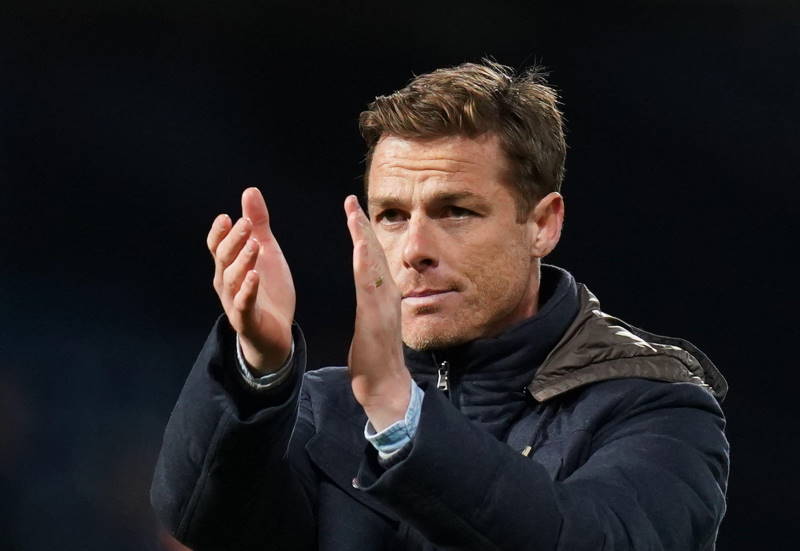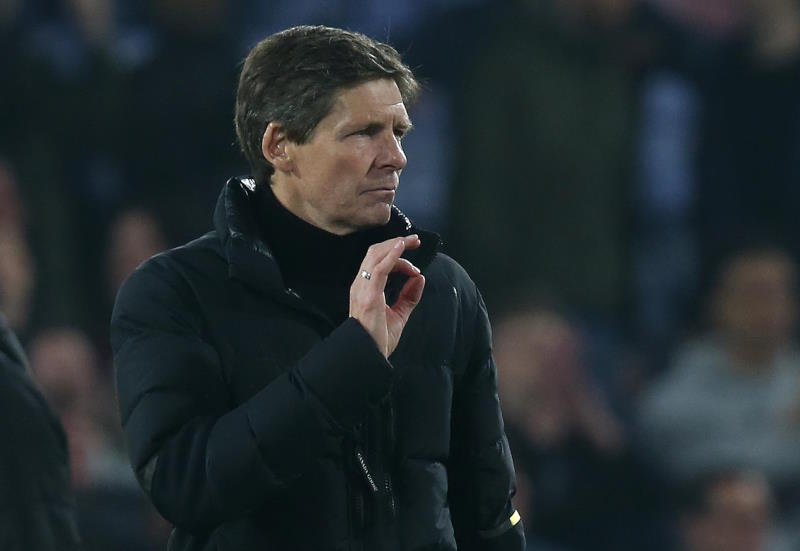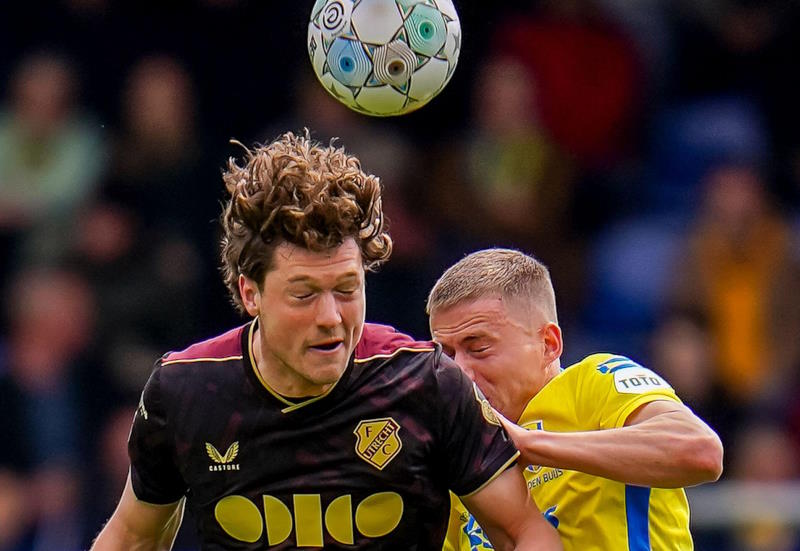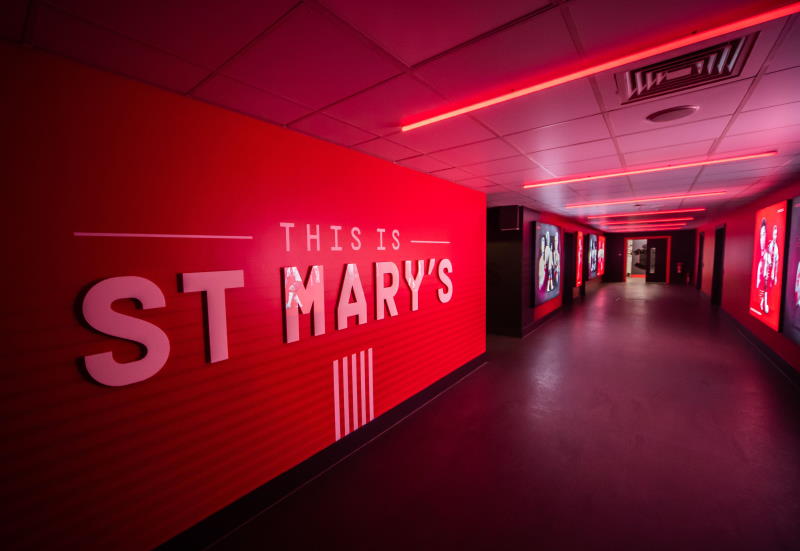
Between the end of the 1980s and the start of the 2000s, Italian teams were, indisputably, the dominant force in Europe’s second tier competition – the UEFA Cup. While AC Milan and Juventus also tasted life as the kings of Europe, winning the Champions League, it was in the UEFA Cup that Italian clubs proved the strength of their domestic league.
Over that period, there were no less than four all-Italian finals, with Juventus meeting Fiorentina – and winning over the two legs – in 1989/90, Inter beating Roma in 1990/91, Parma collecting the weighty trophy by virtue of beating Juventus on away goals in 1994/95 and 1997/98 producing a Ronaldo-inspired Inter victory over Lazio, with a 3-0 drubbing in a single-match final in Paris.
Apart from the 1995/96 UEFA Cup final, contested between Bayern Munich and Bordeaux, at least one Italian side was present in every single UEFA Cup final between 1989 and 1999.
Perhaps the most impressive facet of the Italian hegemony of the UEFA Cup though came in the form of the lowly untraditional sides which impressed in the competition. In 1992, Torino reached the final, with Genoa making the semi-final in the same season. Even Cagliari, more used to yo-yoing between Serie A and B managed to reach the last four in the 1993/94 campaign, only to be eliminated by eventual winners Inter.
Italian clubs began to lose their grip at the beginning of the 2000s, as the Champions League began to assume greater importance, especially economically. From then on, not a single Italian team reached the UEFA Cup or now-Europa League, final, with only Fiorentina in 2008, Parma (2005) and both the Milanese teams (2002), reaching the semi-final.
The reason for this rapid decline remains the source of much debate, but undoubtedly the mentality of the Italian clubs taking part in UEFA’s second tier competition has changed. Now it is more important to claim a Europa League place than to actually perform in the competition the following season. When a Europa League match comes around it is not unusual to see Italian clubs fielding sides packed with reserves and promising young players; the Thursday night fixtures often come to be seen as more of a nuisance than an event to look forward to. And this changed mentality is not restricted to the country’s biggest clubs, as even smaller sides like Empoli, Livorno, Palermo and Genoa – who have never experienced Champions League football – place the advancement of their Europa League ambitions on the back burner, prioritising their Serie A campaigns.
But while the former UEFA Cup – now the Europa League – has suffered blow after blow to its status and been superseded financially by the Champions League, it does still carry some weight. And nowhere is this more true than in the gaining – and losing – of points towards UEFA’s coefficient ranking system. As Italian clubs have failed in the Europa League, so has Italy seen their points decline, putting their third spot – after Spain and England – in danger of being snaffled up by Germany, whose clubs still treat the tournament with a degree of respect.
This year’s Europa League campaign has continued the trend for Italian sides, and at the time of writing only Napoli have an opportunity to qualify from their group and reach the knockout phase. The Azzurri must beat Steaua Bucharest at home, to have a chance of being involved after Christmas, in a group dominated by Liverpool.
Italy’s three other representatives have already bid farewell to the competition. Juventus exited in Poland, in a match played in Poznan, as the combination of a poor pitch and temperatures of minus eleven degrees put paid to their chances; the Old Lady had already drawn their other games against Manchester City and Salzburg. Juventus often fielded youngsters and second teamers, giving a clear indication of how they viewed the Europa League. And, in case there was any doubt, Brazilian Felipe Melo explained the team’s state of mind following their exit: "Well, it is not good that we are out of Europe", said the midfielder, "but now we can concentrate totally on the Scudetto, our real target."
It is a similar story with Palermo who, despite playing excellent football in Serie A, have struggled in Europe, being taken apart at home and away by CSKA Moscow, while Sparta Prague excluded the Rosanero from the struggle for second spot in their group. Sampdoria, who dropped into the Europa League by virtue of being eliminated in Champions League qualifying, took their disappointment into the competition, looking disinterested throughout and quickly falling behind not just PSV Eindhoven, but also Ukrainians Metalist Kharkiv.
For Italy, the 1990s are long gone, and the end of 1980s but a fast fading image of forgotten success. The consequences will soon make themselves felt, as Italy lose a place in the "El Dorado" of the Champions League from 2012. Then perhaps the Europa League will be reassessed by Serie A’s sides.

